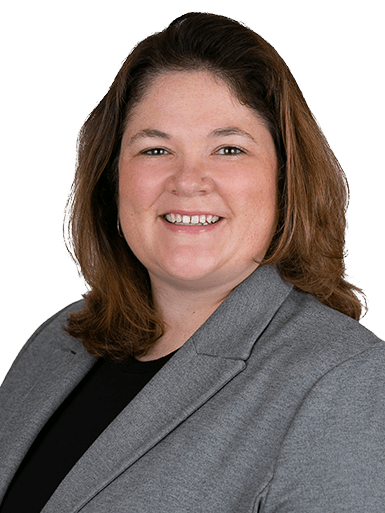The Current Federal Funding Landscape: What Nonprofits Need to Know
Nonprofits nationwide that receive government funding are facing uncertainty as a federal funding freeze disrupts critical financial support. At the same time, nonprofit leaders nationwide are voicing concerns and seeking clarity on how this freeze may affect their organizations.
Federal Funding at Risk
The funding freeze initiated under the Trump administration has raised alarms among nonprofit organizations that rely on federal grants and appropriations. Growing concerns center on operational and financial challenges, as many struggle to access previously approved funding, along with constituents who will not receive vital services. This includes vulnerable populations needing access to critical healthcare.
Financial Stability Considerations
With federal funding potentially at risk, AAFCPAs advises that nonprofit clients take proactive steps to assess their financial health and ensure long-term stability. Now is the time to closely examine cash flow, measure liquidity, and adjust budgets to align with potential funding delays or reductions.
- Review Cash Flow Projections. Identify gaps that may arise due to delays in federal funding, reforecast cash projects for the short-term, and explore contingency plans.
- Adjust Budgets. Prioritize essential programs and expenses while identifying areas where costs may be temporarily reduced or projects could be paused.
- Strengthen or Reevaluate Reserve Funds. Assess current reserve levels and consider whether adjustments are needed to sustain operations during potential funding delays.
Save your spot for our 2025 Virtual Nonprofit Seminar!
Join AAFCPAs on Wednesday, April 30, for a full day of actionable insights and strategies tailored to nonprofit leaders and finance professionals.
Time: 8:45 AM – 3:00 PM ET (subject to change)
Cost: Complimentary to nonprofit executives
CPE Credits: Earn up to 5 credits
Compliance and Strategic Planning Considerations
Effectively managing federal funds is critical during this period of uncertainty. Nonprofits should focus on compliance with federal guidelines while making the most of available funding. At the same time, organizations may need to assess long-term sustainability and explore strategies for operating with reduced or delayed federal support.
- Ensure Proper Documentation. Maintain thorough records to support compliance with federal funding requirements while continuing to follow internal control procedures to ensure funds are used appropriately.
- Strategize for Agility. Develop short- and long-term financial plans to navigate the funding freeze while sustaining operations.
- Identify Alternative Funding Sources. Explore grants, private donations, and state funding opportunities to supplement federal resources.
- Long-Term Debt Restructuring. Consider restructuring existing debt to improve cash flow flexibility and long-term financial sustainability rather than taking on new debt to cover shortfalls.
- Expand Stakeholder Discussions. Engage with business partners, legal counsel, and board members to assess the evolving situation and determine the best strategic path forward.
Next Steps
If your nonprofit is experiencing difficulties accessing federal funds, there are several ways to stay informed and take action.
- Engage with Policymakers. Contact key staff members in your state working on health care, grants, and appropriations to share concerns or request guidance.
- Expand Stakeholder Discussions. Engage with board members, legal counsel, financial advisors, and key business partners to assess risks, explore contingency plans, and align on next steps.
Looking Ahead
The potential funding freeze presents significant challenges, but advocacy efforts to restore access to federal resources are ongoing. Those affected should continue tracking updates, documenting funding difficulties, and engaging with policymakers to ensure their needs are heard.
We will share additional guidance as more details emerge. If you have questions or require further assistance, reach out to the relevant contacts listed above. Our team is also here to help strategize, ensure compliance, and support financial planning.
If you have questions, please contact Matthew Hutt, CPA, CGMA, Partner at 774.512.4043 or mhutt@nullaafcpa.com, Courtney McFarland, CPA, MSA, 340B Apexus Certified Expert™ at 774.512.4051 or cmcfarland@nullaafcpa.com—or your AAFCPAs Partner.


